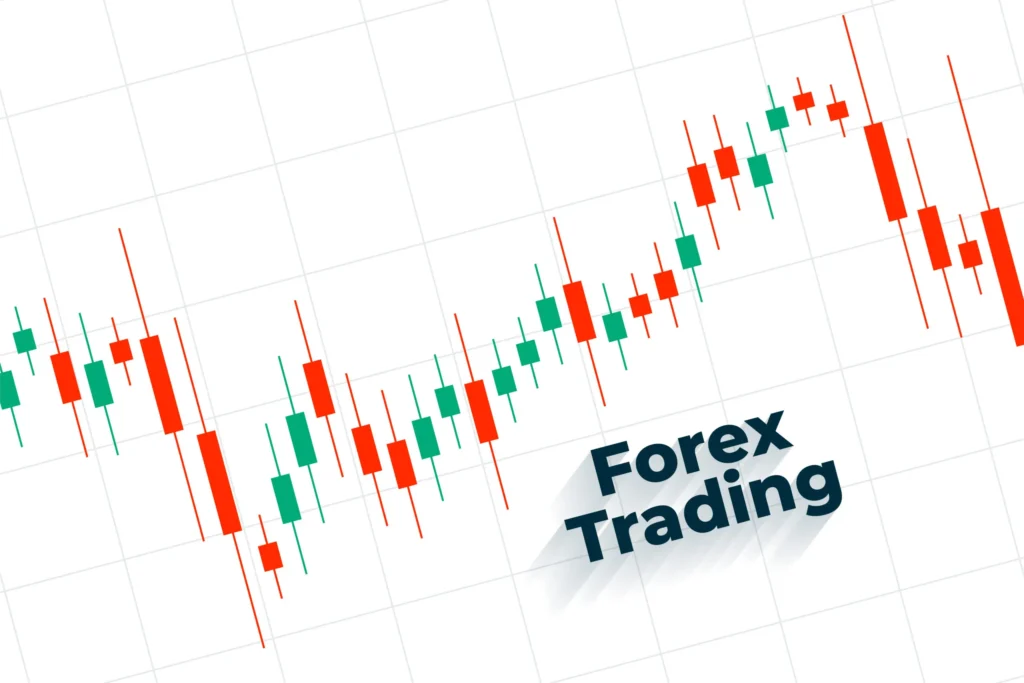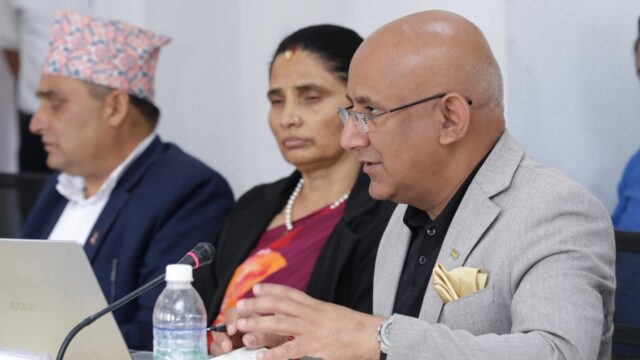The Nepal Rastra Bank (NRB), the central bank of Nepal, has released the official foreign exchange rates for today. These rates determine the buying and selling prices of various international currencies against the Nepalese Rupee. According to the NRB, the foreign exchange rates are fixed to guide individual and institutional transactions involving foreign currency and stabilize Nepal’s economic interactions in the global market.
As per the latest data published on the NRB’s official website, the exchange rate for the US dollar, Nepal’s most transacted foreign currency, has been set at NPR 137.37 for buying and NPR 137.97 for selling. This indicates a slight fluctuation from previous rates, reflecting global currency movements and domestic demand and supply.
In terms of the European Euro, one of the major currencies in international trade and tourism, the buying rate has been set at NPR 156.02, while the selling rate is fixed at NPR 156.71. Similarly, the British Pound Sterling, another widely used global currency, stands at NPR 179.78 for buying and NPR 180.57 for selling. These rates are crucial for those engaging in trade with the UK or travelling to European nations.

Among other prominent currencies, the Swiss Franc is being traded at NPR 168.38 (buying) and NPR 169.11 (selling). The Australian Dollar, popular among students and migrants to Australia, is being exchanged at NPR 85.71 for buying and NPR 86.09 for selling, while the Canadian Dollar holds a value of NPR 98.80 (buying) and NPR 99.23 (selling).
The Singapore Dollar, important for business and transit travelers, is set at NPR 104.03 for buying and NPR 104.48 for selling. Similarly, the Japanese Yen, a key currency for technology imports and tourism, stands at NPR 9.63 for buying and NPR 9.67 for selling, calculated per 10 yen units.
From Asia, the Chinese Yuan, relevant due to Nepal’s northern border trade and tourism, is valued at NPR 18.82 for buying and NPR 18.90 for selling. The Saudi Riyal and Qatari Riyal, essential currencies for Nepalese migrant workers in the Gulf, have been set at NPR 36.59 and NPR 36.75 for Saudi Riyal and NPR 37.68 and NPR 37.85 for Qatari Riyal respectively.
The Thai Baht is recorded at NPR 4.10 (buying) and NPR 4.11 (selling), while the UAE Dirham is listed at NPR 37.40 for buying and NPR 37.56 for selling. Other regional currencies like the Malaysian Ringgit and South Korean Won also hold significant value for Nepali trade and tourism. The Ringgit is valued at NPR 31.06 (buying) and NPR 31.20 (selling), and South Korean Won (100 units) at NPR 9.60 and NPR 9.64 respectively.

In terms of Scandinavian currencies, the Swedish Krona is fixed at NPR 14.00 for buying and NPR 14.06 for selling, whereas the Danish Kroner is being traded at NPR 20.89 and NPR 20.98 respectively.
Additionally, the Hong Kong Dollar is being exchanged at NPR 17.71 for buying and NPR 17.79 for selling, supporting the growing travel and business ties with East Asia. The Kuwaiti Dinar, one of the highest-valued currencies globally, is trading at NPR 448.64 (buying) and NPR 450.60 (selling), highlighting its strength and importance to Nepali workers in Kuwait. Similarly, the Bahraini Dinar stands at NPR 364.42 and NPR 366.01, and the Omani Riyal is set at NPR 356.82 for buying and NPR 358.38 for selling.
In terms of neighboring countries, the Indian Rupee, with which Nepal shares deep economic and cultural ties, is being exchanged at NPR 160.00 for buying and NPR 160.15 for selling per INR 100. This rate has remained stable, in line with the long-standing pegged exchange mechanism between the two nations.

The Nepal Rastra Bank has clarified that these rates are subject to change at any time, based on shifts in global foreign exchange markets or local economic needs. The central bank maintains the authority to revise these rates as necessary and recommends the public and commercial institutions to verify the most updated rates directly from its official website.
It is important to note that commercial banks in Nepal may offer slightly varied exchange rates based on their internal policies and supply-demand mechanics. These banks also include certain service charges or commissions depending on the nature of the foreign currency transaction, such as remittances, travel exchanges, or import payments.
In summary, today’s exchange rate announcement by Nepal Rastra Bank plays a vital role in guiding international trade, travel, remittances, and investment decisions for businesses and individuals alike. As global currency values shift constantly, staying updated with the central bank’s daily exchange rate remains essential for all those involved in cross-border financial transactions.






